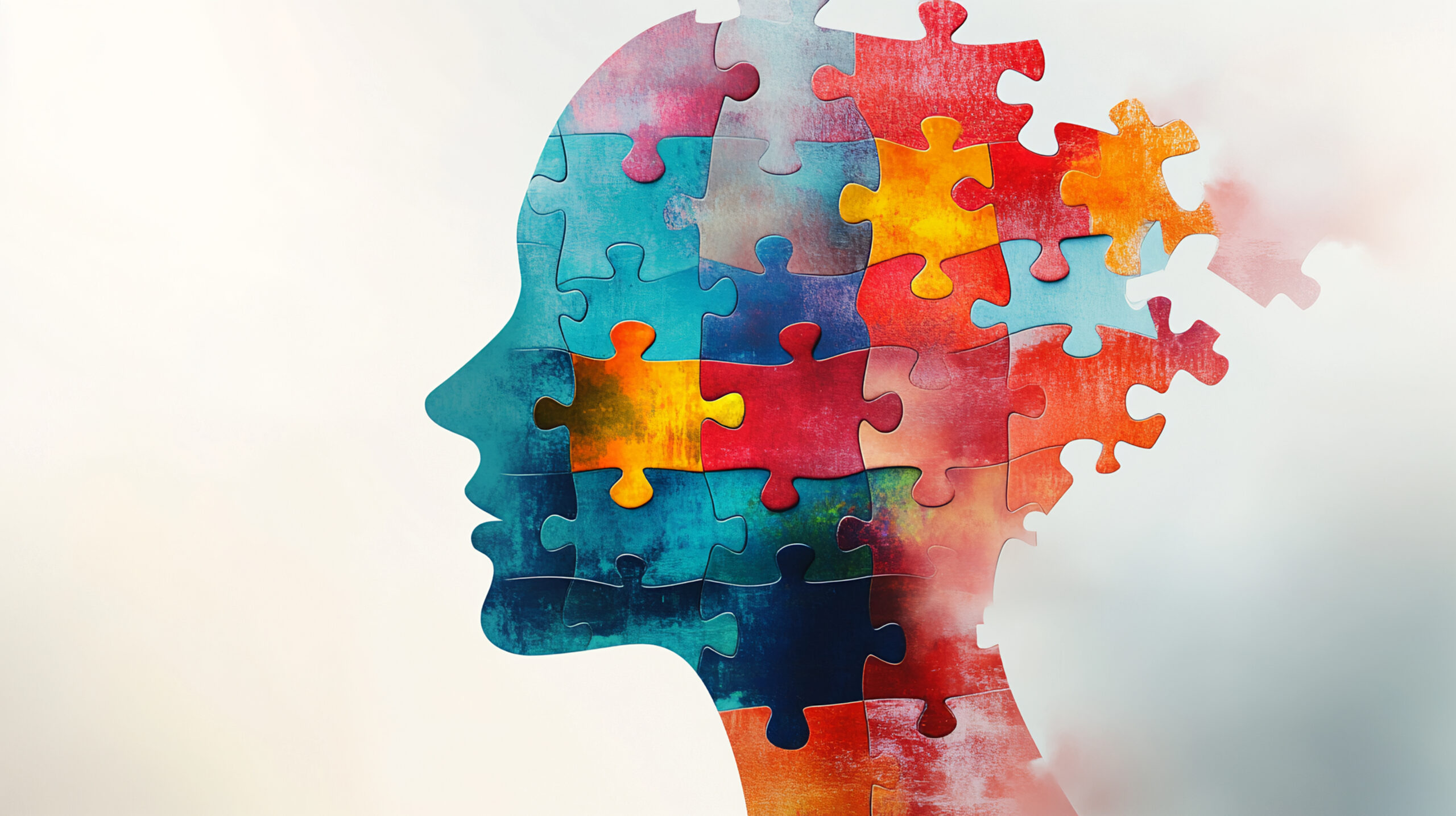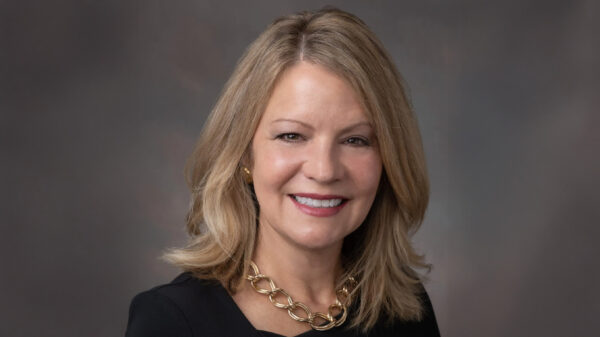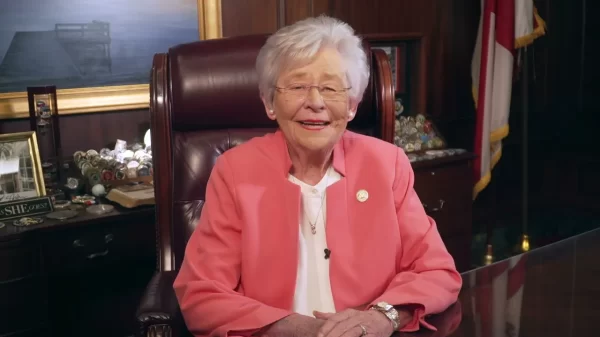In Alabama, mental illness is often a silent battle — fought in homes, on street corners, and behind prison bars. The crisis hides in plain sight, yet its consequences ripple through every community. Families are shattered. Communities unravel. And the human cost? It’s written into the faces of those we’ve failed to help.
For decades, mental health care in Alabama has been pushed into the shadows — ignored by policymakers who see it as someone else’s problem. But the truth is unavoidable: when a state fails to care for its mentally ill, everyone suffers. Families bear the emotional and financial strain. Law enforcement becomes the default safety net. And the costs — both human and economic — become impossible to bear.
The signs of this crisis are everywhere. Alabama has one of the highest rates of untreated mental illness in the country, yet the resources to address it remain woefully inadequate. Nearly one in five adults in Alabama — close to a million people — struggles with mental illness. But fewer than half receive any form of treatment. The rest are left to navigate a broken system, often falling into homelessness, addiction, or jail cells.
This isn’t an abstract problem. It’s playing out in our prisons. In 2019, the Alabama Department of Corrections reported that more than 4,600 inmates had been diagnosed with a mental impairment. That’s nearly one in four of the state’s inmates. And those are just the cases we know about. Many more inmates remain undiagnosed, their conditions untreated as they cycle through a system designed to punish, not heal.
Alabama’s prisons didn’t become de facto mental health facilities by accident — it’s the result of decades of bad policy. When psychiatric hospitals were shuttered, there was no plan to catch those who fell through the cracks. Instead, they landed in jail cells. Today, prisons have become modern-day asylums — except now, the people in crisis wear prison uniforms instead of hospital gowns, and their caretakers carry handcuffs instead of stethoscopes.
The impact is devastating. When people can’t access mental health care, they often spiral into crisis. And when that crisis comes, they’re more likely to encounter a police officer than a therapist. Law enforcement officers across the state have become the first responders to mental health emergencies — a role they’re neither trained nor equipped to handle. Officers are called to de-escalate situations that should be in the hands of mental health professionals, often leading to tragic outcomes.
Gov. Kay Ivey has acknowledged the need for mental health reform, and her administration has made some moves in the right direction. The creation of crisis centers across the state was a positive step, offering a lifeline to those experiencing mental health emergencies. But it’s far from enough. Alabama needs to think bigger. We need a comprehensive mental health care system that provides early intervention and ongoing support — not just crisis management when things fall apart.
Investing in mental health care isn’t just a matter of compassion; it’s smart policy. Studies show that access to mental health services reduces crime, improves workforce participation, and strengthens communities. It’s far cheaper to provide treatment early than to deal with the fallout later — whether that’s through the criminal justice system, emergency room visits, or lost productivity. Yet, Alabama continues to treat mental health care as an afterthought, spending far less per capita on these services than most other states.
It’s not hard to see where this lack of investment leads. Families are left struggling to care for loved ones with serious mental illnesses, often without any guidance or support. Parents try to navigate a patchwork system of care, only to find there are no available beds, no counselors with openings, no resources to lean on. The strain can tear families apart. And for those without strong support systems, the outcome is often worse — leading to homelessness, addiction, or worse.
The state’s failure to address mental health care hits vulnerable populations the hardest. Women in Alabama are more likely to suffer from mental health issues, yet they face significant barriers to care. Rural communities are particularly underserved, with residents often traveling hours to find the nearest mental health professional. And let’s not forget children — too many of whom are dealing with trauma, anxiety, and depression without access to mental health services in their schools.
What’s most frustrating is that we know what works. Other states have shown that investing in mental health care pays off. Crisis intervention teams, community mental health centers, school-based mental health programs — all have proven effective in reducing the human and economic costs of untreated mental illness. Alabama doesn’t need to reinvent the wheel. We just need the political will to do what’s right.
It’s time to change that. It’s time to build a mental health system that reflects the values we claim to hold — dignity, compassion, and accountability.
Alabama prides itself on being a state with strong values — a place where we care for our neighbors and stand up for what’s right. But where is that compassion when families are torn apart by untreated mental illness? When parents can’t find help for their children? When the vulnerable are left to suffer in silence?
If we claim to value life, we need to prove it. And that starts with recognizing that mental health care is a moral imperative — not an afterthought.
Alabama’s future depends on it. And so do the lives of those we’ve left behind.



















































